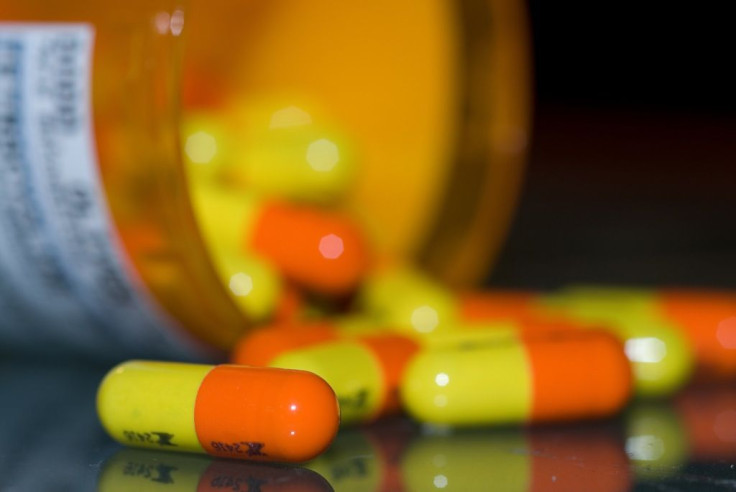Using Antidepressants During Pregnancy May Increase Risk Of Birth Defects; How SSRIs Compare

Among all the things a woman must give up when she becomes pregnant, from coffee to aspirin to certain fish, antidepressants are not one of them. According to the Mayo Clinic, a woman might not seek “optimal prenatal care,” eat the healthy foods the baby needs, or have the energy to care for themselves if they’re depressed during their pregnancy. So, many women take the powerful drugs believing the benefits outweigh the risks. But increasing research suggests this may not be the best route for these women, as it has repeatedly shown babies could face a higher risk of birth defects.
In a new study from researchers at the Centers for Disease Control and Prevention and other institutions in the U.S. and Canada, researchers looked at results from previous studies about using selective serotonin reuptake inhibitors (SSRIs) during pregnancy and compared them to outcomes found in the National Birth Defects Prevention Study. Included in the study were citalopram (Celexa), escitalopram (Lexapro), fluoxetine (Prozac), paroxetine (Paxil), and sertraline (Zoloft).
They found that some SSRIs could double a mother’s risk of having a baby with a birth defect, while others could more than triple it. Meanwhile, some babies were born without birth defects (as far as the researchers found) despite their mothers taking the antidepressants, according to a press release.
Specifically, 40 percent of the mothers (the majority of them) took sertraline, and none of their babies’ outcomes showed signs of previously reported defects, such as those of the heart or neural tube. But when it came to mothers taking fluoxetine, they found that babies were at an increased risk of heart wall defects and craniosynostosis, otherwise known as an irregular skull shape. Paroxetine was also associated with defects, including heart defects, problems with brain and skull formation — known as anencephaly — and abdominal wall defects. What’s more, the Food and Drug Administration had even warned about paroxetine in 2005.
Up to 14 percent of pregnant mothers take antidepressants, according to The New York Times. Yet, the researchers still said that despite their findings, if the associations are causal, the absolute risk is small. According to their research, women who took paroxetine increased risk of anencephaly in their child from two per 10,000 to seven per 10,000. Risk of heart defects rose from 10 per 10,000 to 24 per 10,000.
“Continued scrutiny of the association between SSRIs and birth defects is warranted, and additional studies of specific SSRI treatments during pregnancy are needed to enable women and their health care providers to make more informed decisions about treatment,” the researchers wrote. “Meanwhile, the current analysis can help guide health care providers and women to the safest options for treatment during early pregnancy to minimize the risk of major birth defects, while providing adequate treatment of maternal depression.”
Source: Reefhuis J, Devine O, Friedman J, Louik C, Honein M. Specific SSRIs and birth defects: bayesian analysis to interpret new data in the context of previous reports. BMJ. 2015.



























